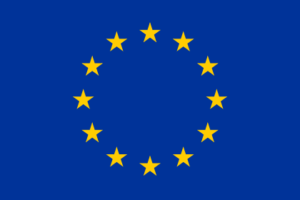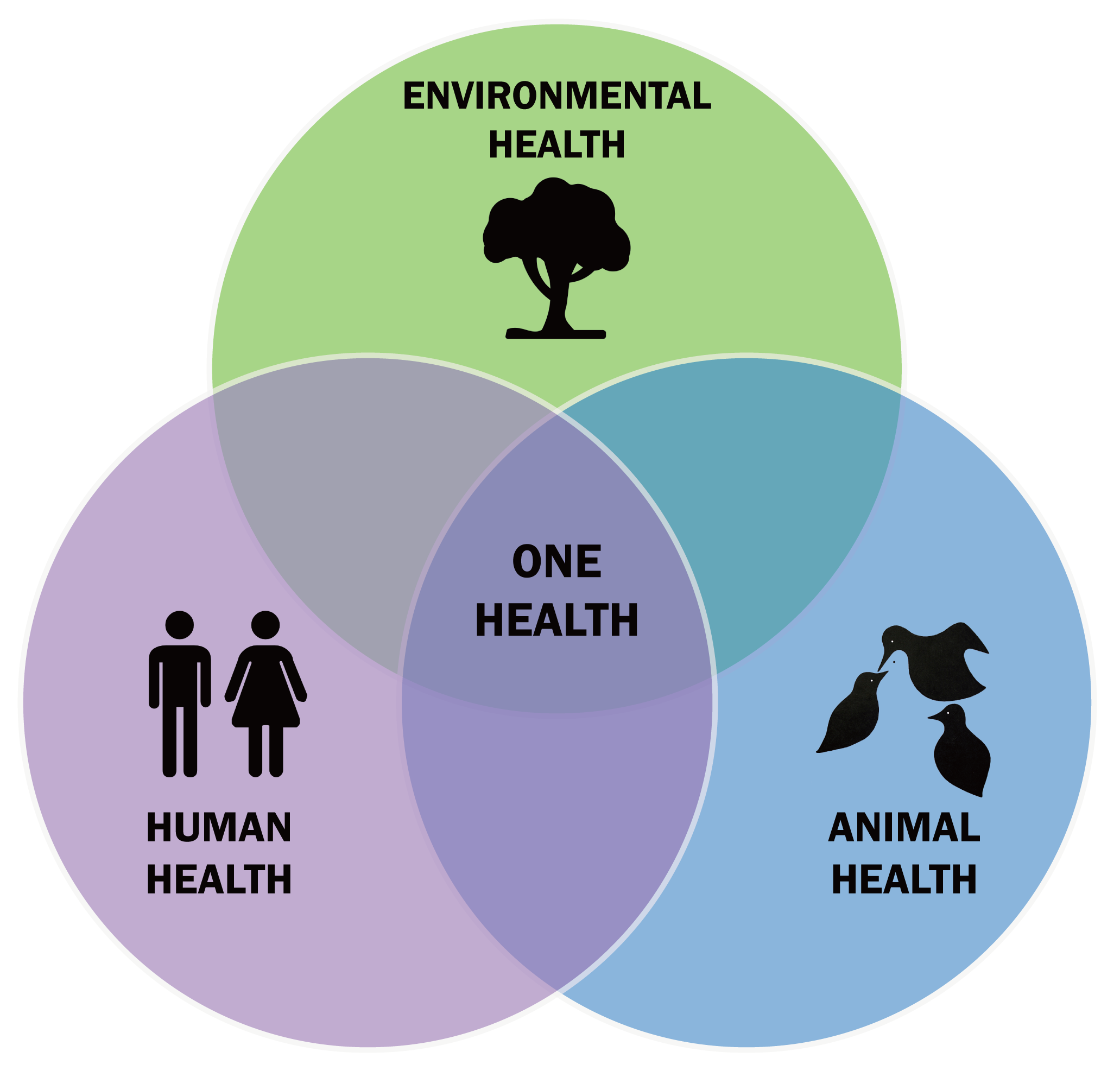
In recent years, citizen science has emerged as a powerful tool for engaging the public in scientific research and conservation efforts. By involving members of society in collecting data and contributing to scientific projects, citizen science not only promotes public awareness but also plays a crucial role in addressing various environmental and public health challenges.
By harnessing the collective efforts of citizens, and understanding how these communities live and interact with their environment, we can better understand the interplay between ecosystems and disease transmission, leading to more effective prevention strategies.
Understanding the Interconnectedness of Habitats and Disease:
Ecosystems and the organisms within them are intricately interconnected, forming a complex web of relationships. Changes in natural habitats, such as deforestation, urbanisation, and climate change, can disrupt these delicate balances and increase the risk of disease transmission. Several infectious diseases, including zoonotic diseases (those that can be transmitted from animals to humans) and insect-borne diseases (such as Lyme disease, Malaria and Zika) have shown signs of becoming much more prolific in recent years, and although the exact cause of this increase is difficult to determine, it can be surmised that the ongoing effects of climate change (which affects the natural habitats and potential ranges of these organisms), and the increased encroachment of people into these habitats (due to human expansion and exploitation) are at least in part to blame. Exploitation and the trade of exotic species, such as bushmeat, can also produce a perfect “petri dish” for diseases to mutate and spread to other animals and potentially to human populations. As seen in recent strains of bird and swine flu variant.
By recognising the significance of these connections, citizen science initiatives that focus on monitoring and safeguarding habitats and wildlife can help us better understand how these diseases spread, as well as provide information on how to prevent future outbreaks and the spread of novel diseases, which could potentially protect humanity against then next global pandemic.
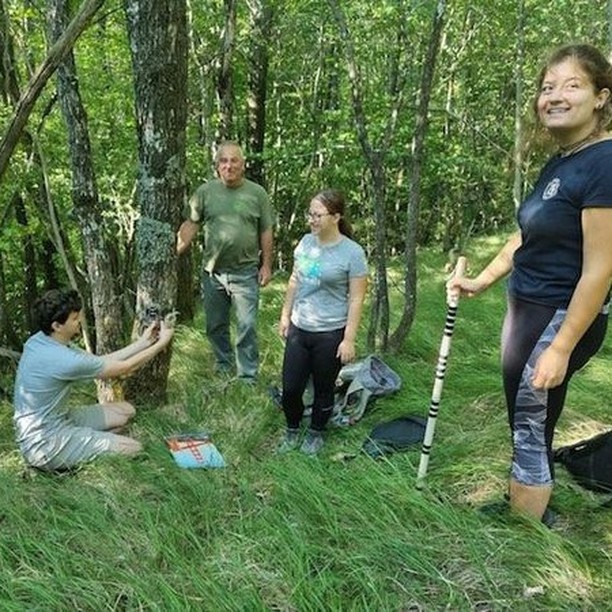
The Role of Citizen Science in Habitat Protection and Disease Prevention:
Data Collection: Citizen science mobilises communities to actively collect valuable data on habitats and the presence of disease-carrying species. Through various initiatives, such as bird monitoring, mosquito surveillance, or tracking the spread of invasive species, citizens contribute to a broader dataset that helps scientists and researchers map migration patterns, as well as identify potential risks of these animals coming into contact with humans, which can facilitate in the development of targeted intervention strategies.
Early Detection and Rapid Response: With citizen science involvement, the process of disease detection and response becomes more efficient. Engaged citizens who are educated about disease symptoms and environmental changes can act as early sentinels, reporting anomalies or unusual occurrences. By promptly identifying emerging threats, scientists and health officials can initiate rapid response measures to contain or mitigate disease outbreaks.
Public Awareness and Education: Citizen science programs foster public awareness and education about the relationship between habitat protection and disease prevention. Through participation, citizens gain a deeper understanding of the interconnectedness of ecosystems, the impact of human activities, and the importance of preserving biodiversity. This knowledge empowers individuals to make informed choices, adopt sustainable practices, and advocate for habitat conservation.
Community Engagement and Collaboration: Citizen science initiatives create opportunities for collaboration and community engagement. By involving citizens in data collection and decision-making processes, these projects foster a sense of ownership and shared responsibility. Communities become stakeholders in habitat protection, working hand-in-hand with scientists, policymakers, and conservation organizations to implement effective strategies for disease prevention.
Insights from our Step Change Team
Luka Duniš – University of Primorska –Citizen Science and Monitoring Wildlife in Slovenia
Citizen science initiatives can contribute to early detection and rapid response efforts for emerging diseases. By monitoring diseases in wildlife populations, researchers can better understand disease dynamics, identify potential outbreaks, and implement appropriate management strategies. That is why, as part of the CSI on wildlife monitoring, the health of observed wildlife is tracked. The aim is to improve the detection of various diseases present in the wild and monitor their yearly prevalence. By getting the public involved in keeping an eye on wildlife health and reporting any unexpected sightings or fatalities, we may identify disease outbreaks sooner and take swift action to stop their spread and safeguard both human and animal populations.
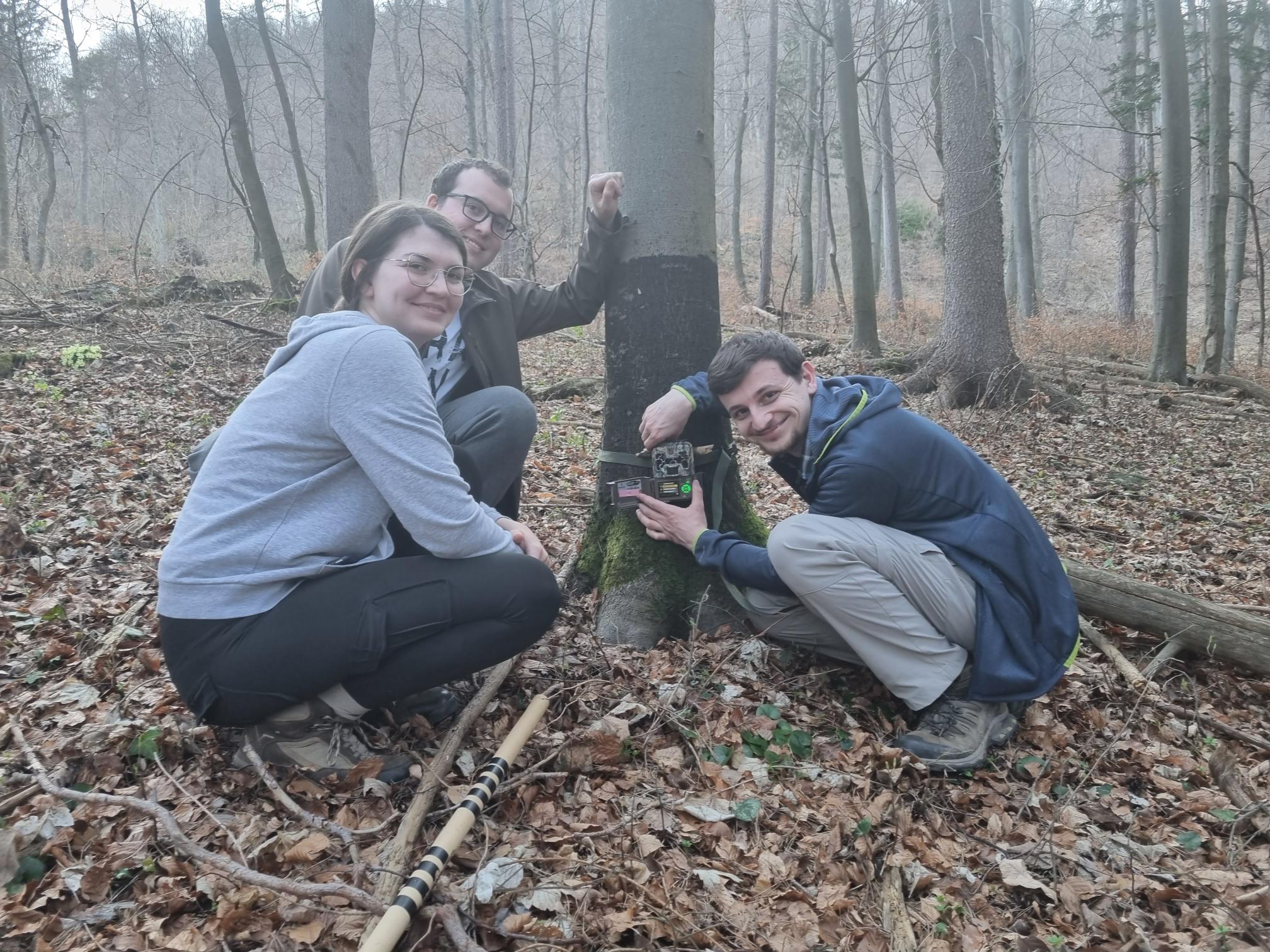
Additionally, the participation of citizens in scientific research increases public understanding of the value of disease surveillance and animal protection. Participating in citizen science initiatives may also be educationally beneficial since it teaches people about their local ecosystems, the behaviours of animals, and the effects of diseases on animal populations.
Related Citizen Science Projects-
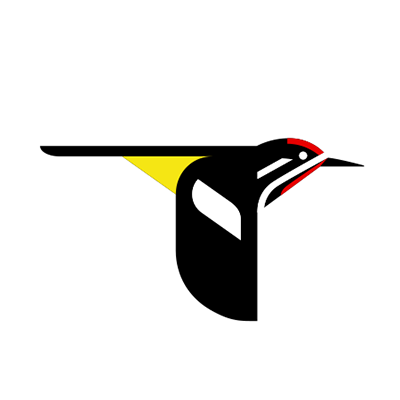
Project FeederWatch: This citizen science initiative, led by the Cornell Lab of Ornithology, engages bird enthusiasts across North America in observing and documenting bird populations at their backyard feeders. By monitoring bird health and migration patterns, participants contribute to avian disease surveillance, aiding in the early detection of potential outbreaks.
Mosquito Alert: Originating in Spain, Mosquito Alert is a citizen science project that involves individuals in monitoring and reporting mosquito populations and potential breeding sites. This data aids researchers in mapping the distribution of disease vectors like Aedes mosquitoes, responsible for diseases such as dengue, Zika, and chikungunya.


BioBlitz: BioBlitz events bring together scientists, naturalists, and citizens to conduct intensive biodiversity surveys over a short period. These events promote habitat exploration, species identification, and data collection, fostering public engagement and understanding of ecosystems. The collected data informs conservation efforts and aids in understanding disease dynamics within diverse habitats.
